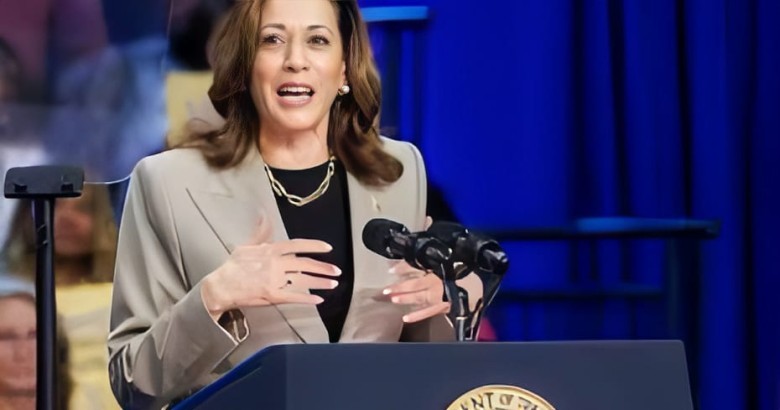
What Led to Harris's Changes in Health Care Policy?
As a first-term senator from California, Kamala Harris began her presidential campaign in 2019, which she ended before any Democratic primary votes were cast. She co-sponsored Medicare For All legislation in 2017, advocating for a major overhaul of the U.S. health care system. Initially, she supported abolishing private insurance but later clarified that she favored Medicare For All with the option for supplemental private insurance.
As Joe Biden's running mate in 2020, she shifted to endorsing a "public option" that would allow the government to offer its own insurance plan while keeping the Affordable Care Act and the employer-based system intact. However, this idea was not pursued by the Biden administration. Currently, Harris has not committed to either Medicare For All or a public option. Her September economic plan suggests she would use tax credits to reduce premiums under the Affordable Care Act, reflecting her belief in incremental progress.
Does Harris Have Other Health Care Proposals?
An analysis by the Peterson Center on Healthcare and the Kaiser Family Foundation found that about 8% of Americans have medical debt, with 3 million owing over $10,000. Harris's campaign promises to "work with states to cancel medical debt," although specific strategies are not provided.
She also aims to cap out-of-pocket insulin costs at $35 a month and limit prescription drug expenses to $2,000 a year for all Americans, building on Biden administration policies. Harris pledges to defend Medicare and suggests that her proposed taxes on wealthy Americans would help strengthen the program, although details on using the tax revenue remain unspecified.
In 2020, Biden's campaign proposed lowering the Medicare eligibility age to 60, but this idea did not materialize during the Democratic control of Congress from 2021 to 2023. The Harris campaign has not confirmed whether she still supports this proposal. However, a recent initiative calls for Medicare to cover long-term care at home, aiming to reduce costs for seniors and caregivers.
Given the challenges Democrats face in maintaining their slim Senate majority, the campaign may be hesitant to commit to detailed proposals until after the election.











